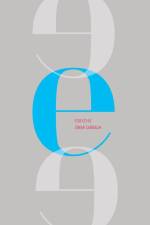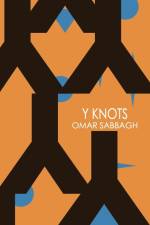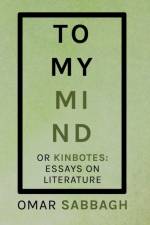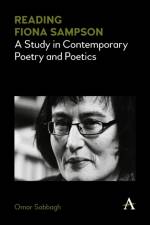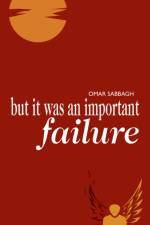av Omar Sabbagh
117
RIP is located in a world of loss.Waddah Faris was Omar Sabbagh's maternal uncle. He was an artist, a nomad, a man who 'embossed' himself on those he knew, a person who '...when he walked into a room / God switched-on his camera' ('Charisma'). Above all, Waddah Faris was loved: 'People loved you because they knew you, and knew, too, / that kindness for you was inevitable, a lit fuse. / You lived your life like a full-bodied wish, careless with your care,' ('Life With Style'). His loss is enormous and for the poet and his family that loss is deeply personal. Those dying in Gaza are so many that the particularity of death is too easily subsumed in overwhelm. We can hardly fathom the enormity of the daily horror. The loss of a whole people leaves us aghast and '...when it comes to a starless catastrophe / like this, and all your tools go numb,' ('Losing Vocab') we need to ask what kind of world we are living in, how we got here and how we lend our support to the suffering. Moving between these two losses-each personal, each urgent, Omar Sabbagh asks us to care. He asks us to dare to look into the face of a child who, limbless, 'smiles at this father', who in the worst of worlds, continues to find joy, hope and love, 'This child of sheer perfect music, blow after blow after blow.' ('This Child Of Utter Song'). He asks that we see, '...people / just like me-with needs and desires, with projects / and hopes and fears-dying.' and ask ourselves, 'Who will protect / them? Because only that is real.' ('The Delusion')



